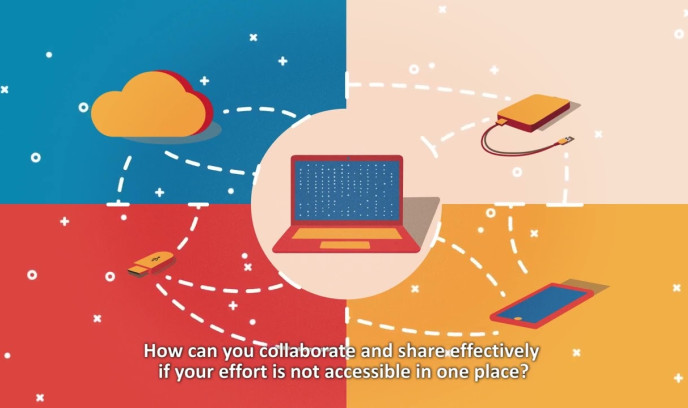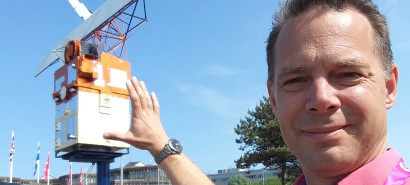Research Drive
Store, share and collaborate
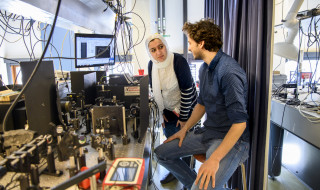
Advantages
Secure and flexible collaboration
Access anywhere, wherever you are
Your own brand environment
Comply with policies, laws and regulations
Access for researchers
Does your institution have its own Research Drive environment?
In the overview of institutions you can see whether your institution has its own Research Drive environment. If your institution is listed and you do not yet have access, you can request access via your institution's IT support.
Are you working at an institution without its own Research Drive environment?
Then apply for access to Research Drive Community Edition here. You will receive up to 5 TB of storage space.
How does Research Drive work?
There was a need for a shared data environment that was trusted by all parties
Sync-and-share for research teams
- Collaborate with colleagues and students inside and outside your institution by sharing data (including via public links), inviting guests, managing groups, assigning roles and responsibilities and using the online office suite.
- You can access your research project's shared cloud storage folder anywhere and anytime with the user-friendly interface or by syncing to your own device.
- Users log in securely and easily with SURFconext and multi-factor authentication.
- You have sufficient storage capacity for research data that no longer fit on your own computer.
SURF as a partner
We offer training courses, second-line support and the opportunity to be involved in the development of new features. Research Drive has an active user group that meets four times a year to discuss feature requests, keep abreast of the roadmap and share knowledge.
Rates
View the tariffs of this service.
SURF Services and rates 2026
View the tariffs of this service.
Safe handling of personal data
If you use Research Drive, we only process personal data at the request of the person responsible for the data. We process this personal data in the Netherlands and do not transfer it to third parties. Unless we receive permission from the responsible party, or if this is required by law.
Appropriate security measures
We comply with the GIS principles (confidentiality, integrity and availability) of the AVG. We encrypt data during transport using SSL encryption. We alert users to the possibilities of encrypting data they are not actively using. Research Drive supports multi-factor authentication. We periodically subject the underlying systems to security audits and pen tests, looking at the AVG. We also check the systems daily for possible viruses, rootkits and malware.
Model Processor Agreement
We have included the processing purposes, responsibilities and technical & organisational measures in a model Processor Agreement (pdf).
Related services
-
SURFdrive
ProductWith SURFdrive, store, synchronise and share your files easily and securely in SURF's community cloud. SURFdrive is the personal cloud storage service for Dutch education and research. SURFdrive is based on Nextcloud, which is an open-source on-premise software. Product
Product -
Data Archive
ProductDo you want to store your data safely and long-term? The Data Archive is the perfect place for that, even if it involves petabytes. From the archive, you also have quick access to our computing services.
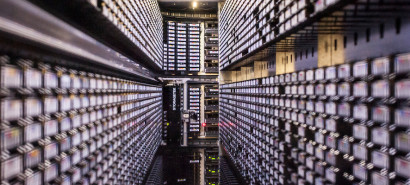 Product
Product -
Object Store
ProductObject Store is an online storage service for storing large amounts of research data. This service is ideal for storing different types of data. Your storage space can grow indefinitely, while keeping your data quickly and easily accessible.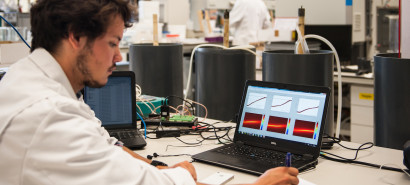 Product
Product

